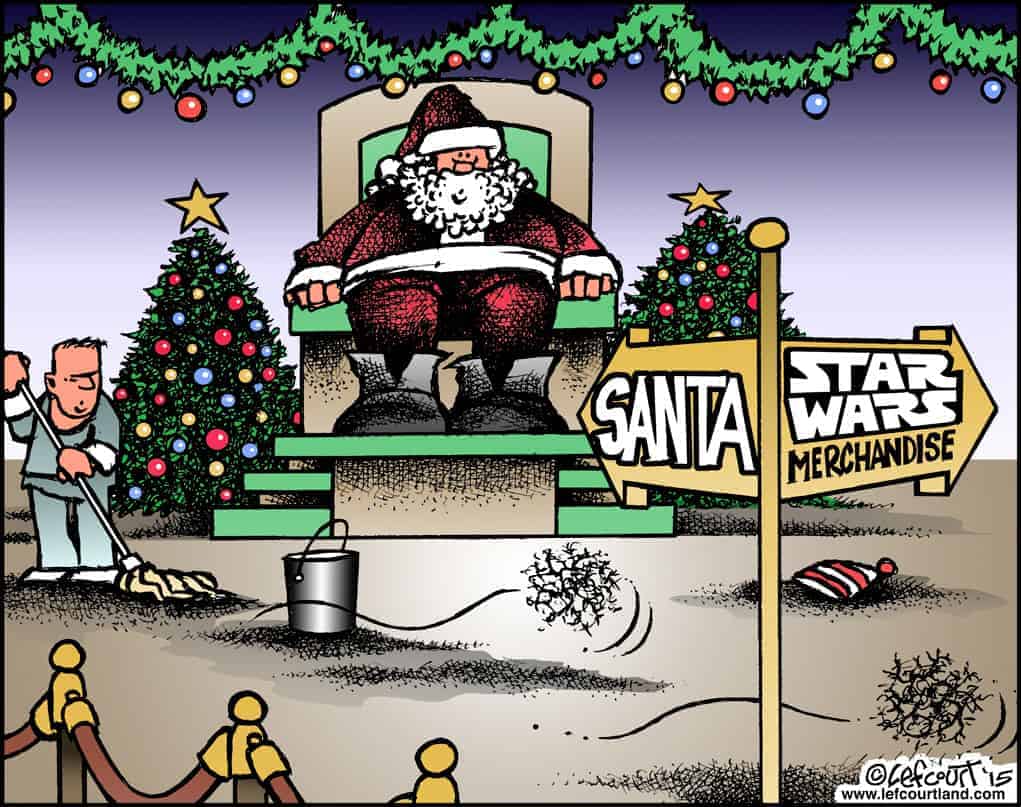;
;
;
Next Article
Lefcourtland – December 24, 2015

Don’t let the unseasonably mild weather fool you: Christmas is upon us. Some of us, like Bing Crosby, may be dreaming of that white Christmas, but that picture-postcard moment is likely to elude us this year. Nonetheless, it’s still the season to be jolly. If it’s any consolation, snow is a rarity,
Last updated on May 04, 23
Posted on Dec 24, 15
2 min read
